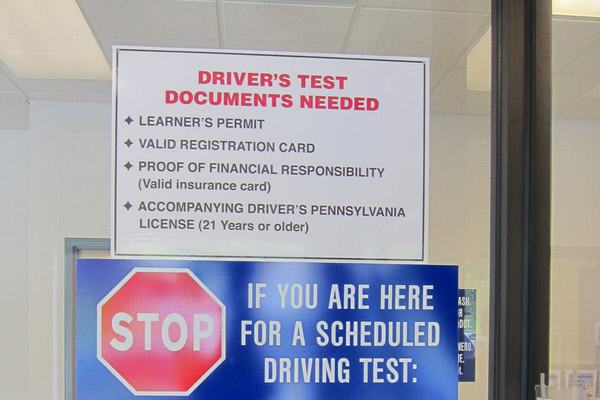
I remember exactly one thing from driver's ed: an exchange between the instructor and a smart-aleck kid from the sticks who, at that point, was already repairing cars.
Class, what does it mean when someone flashes his high beams at you?
It means there's a speed trap up ahead.
It wasn't terribly useful. I don't recall learning much about driving. I definitely didn't learn anything about biking.
So I was surprised to learn, even knowing about the bike culture there, that you have to take biker's ed in the Netherlands. At 12.
Because this independent travel for children is valued in Dutch society, education about traffic safety is something that every Dutch child receives. There's even a bicycle road test that Dutch children are required to take at age 12 in order to prove that they are responsible cycling citizens.
This emphasis on early education in the rules of the road doesn’t simply result in well-mannered and safe bike riders who use the excellent cycling infrastructure on Dutch streets responsibly. It also means that everyone in the society understands what it is to be a cyclist. All the people driving cars have had experience on bikes. They can look at cyclists and think, “That could be me.”
How different from the way people on bicycles, or pedestrians for that matter, are perceived in the United States, with its mostly substandard infrastructure and wildly differing laws about biking (you must use the sidewalk, you cannot use the sidewalk, etc.).
The ignorance of the laws is unsurprising. They're not taught, they're not part of common knowledge the way that road rules are. I've had friends on bikes who have been stopped by cops who themselves didn't know the rules of cycling. Even a crappy driver's-ed class, like mine was, at least imparts some basic categories, and even the written tests emphasize some useful subtleties.
Living here, the idea sounds appealing. It's a bikeable city, it would likely be safter to bike if more people did, and it's likely people would be more aware of cyclists, and more willing to bike, with some training.
But it raises some practical questions. The Netherlands are flat and dense: the 28th densest country in the world. The U.S. is 179th, between Zimbabwe and Liberia. And lots of us come from those really, really not-dense parts. I biked a lot as a kid, but only for fun, and even if there had been anywhere to commute from my house it would have terrified my parents, our house being on a narrow, two-lane, unmarked blacktop (speed limit 35, practical speed limit 35-65 depending on the stretch of road, enforced speed limit infinity) with a steep S-curve on one side and a C-curve on the other, and several-foot drop-offs on either side of the road into drainage ditches.
On the other hand, I met exactly one person in college who got to 18 without knowing how to drive a car (he grew up in Manhattan). It was like meeting an alien, but it was fun to teach him how to drive a stick-shift.
Much of the discussion in the comments there is about education versus infrastructure: about how you can educate people to bike safely in a place without extensive infrastructure. And many of the commenters make a convincing case that education is as or more important than infrastructure, at least in terms of making a larger impact more quickly. Universal, intensive bikers' ed in the manner of the Dutch is likely impractical in a country where so many people grow up in practically unbikeable places, but elements of it are worth considering.
Photograph: vincedia (CC by 2.0)


